The IJG and the Esperanza Project collaborate to improve access to water in the village of Sahoro
Thanks to the Jane Goodall Institute in Catalonia and the Esperanza Project, the remote village of Sahoro improves its permanent access to water with the construction of a new well.
In our society, we usually assume that water will always be available and we are not aware of how fortunate we are to be able to have access to drinking water at any time and for any use. But in many parts of the world, such as in the villages of Senegal and Guinea where the IJG works, access to water is not guaranteed, neither in sufficient quality nor quantity, nor all the months of the year.
The lack of this valuable resource is closely related to health and hygiene problems, in addition to affecting the survival of domestic animals, nurseries, orchards and crops. Therefore, it puts the food security of the community at risk, keeping it in chronic poverty. The lack of wells makes people and livestock have to look for water in more distant places, in areas of the forest where wild animals like chimpanzees, baboons or leopards drink, which entails risks, conflicts and the possibility of disease transmission in both senses.
These problems are well known to the 250 inhabitants of Sahoro, a small village in northern Guinea, just on the border with Senegal and the Dindéfélo Community Natural Reserve (RNCD), in which the Jane Goodall Institute of Catalonia (IJGE) Since 2009, he has been working on conservation and research programs for wild chimpanzees, as well as other sustainable development and environmental education projects with the local community.
For some time, the IJGE has had a presence in the village through periodic visits and small projects of food security and reforestation, since Sahoro has a great strategic importance in the conservation of the chimpanzees of the most threatened subspecies: 'Pan troglodytes verus'. Sahoro is located next to an ecological corridor through which chimpanzees travel between Guinea and Senegal, and which serves, among other things, for the genetic exchange of the most isolated chimpanzee populations in Senegal.
The inhabitants of this small village have a subsistence economy based on certain crops and livestock, and people and animals must survive the dry season (at least 6 months) and overcome the resulting shortage of water. For example, of the 167 wells counted throughout the RNCD, only 29 have water all year. In the case of Sahoro, it has two wells that are dried annually for 4 months, forcing the population to move daily to a water point in the roots of a tree 3 kilometers from the village or to another point frequented by wildlife in the forest, 1.5 kilometers away.
Thanks to the financial support of the Esperanza Project, which has raised funds through the sale of calendars and the solidarity raffle of a ball signed by the Spanish football team of the 2018 World Cup, the IJG has been able to build a new well in the village of Sahoro, in an area where there were no other wells. In the short term, this has improved the quality of life of the population and its animals. In addition, it has many other related benefits, such as avoiding the heavy transport of water from other distant points or preventing the local population from coinciding with the wild fauna during the search for water, helping to conserve biodiversity.
In the long term, once the hydrological capacity of the well is assured, drinking fountains for livestock and community gardens will be created to help produce food, managed by women to promote their empowerment. In addition, a forest nursery will be created to promote the ecological restoration of chimpanzee habitat.
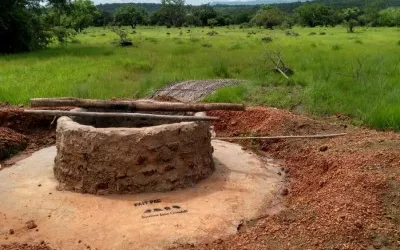
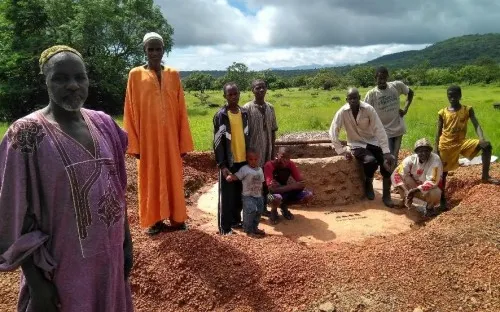


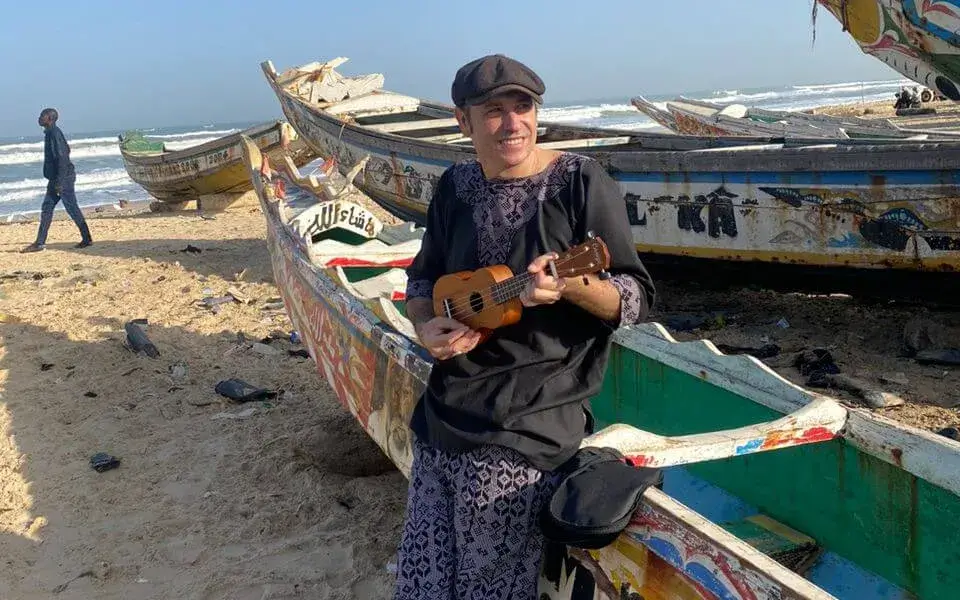
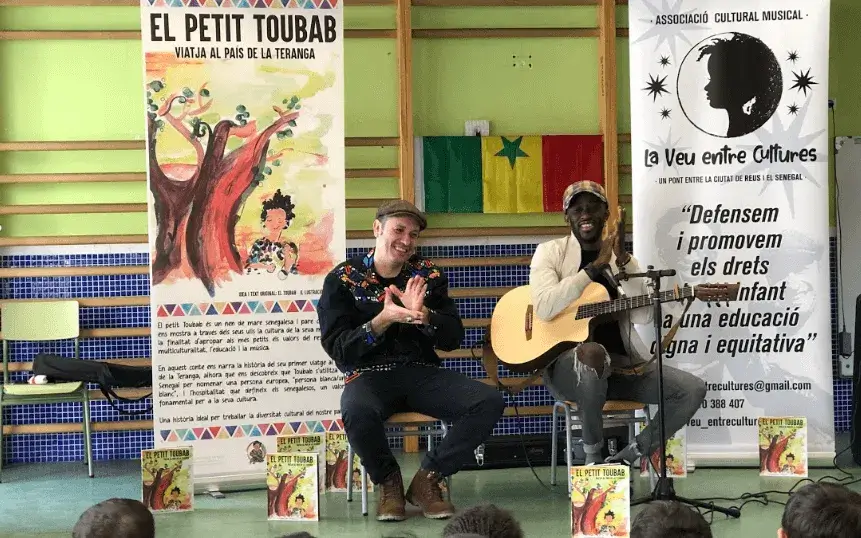

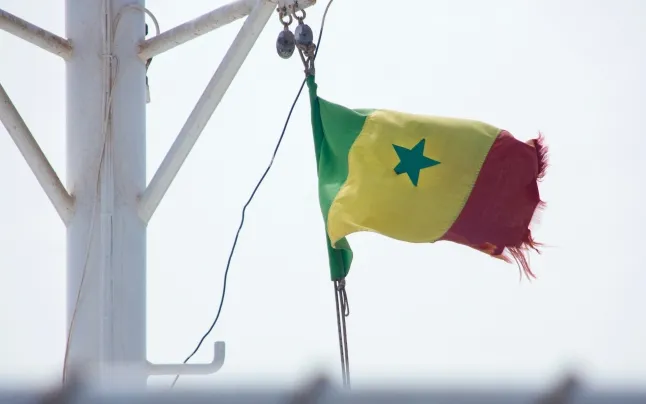
Add new comment